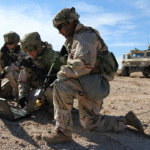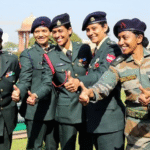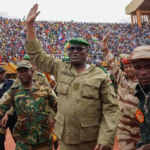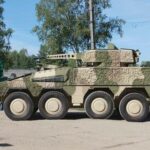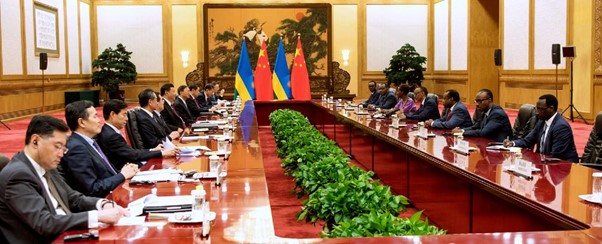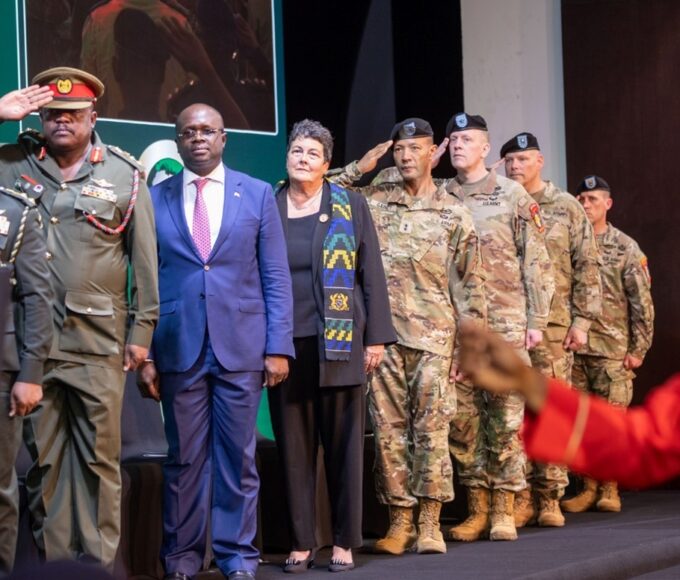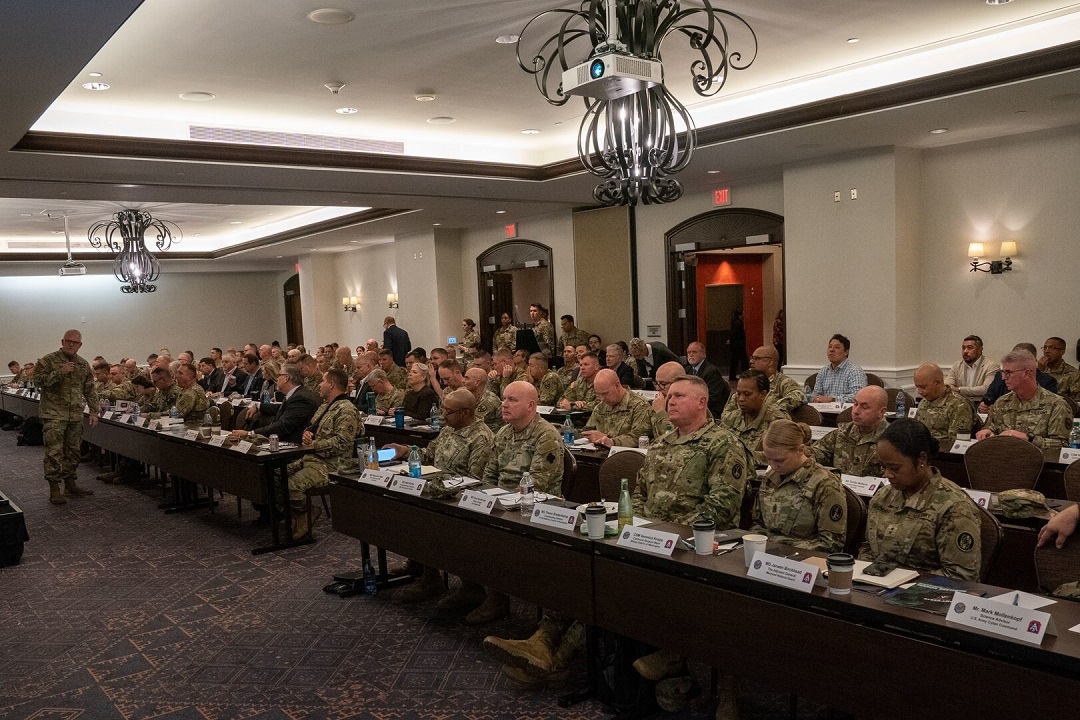
THE ROLE OF DEFENCE CONFERENCES IN GLOBAL PARTNERSHIPS
Defence conferences have emerged as vital platforms for fostering collaboration and understanding among nations in an increasingly interconnected and uncertain world. These events bring together government officials, military leaders, defence industry representatives, and security experts to discuss pressing global challenges, share technological advancements, and strengthen alliances. As international security threats become more complex, defence conferences provide a structured environment for dialogue and cooperation that transcends borders.
One of the key roles of defence conferences is to enhance diplomatic and military engagement between nations. By facilitating face-to-face interactions, they help bridge gaps in communication, build mutual trust, and encourage transparency. Conferences such as the Munich Security Conference or the Shangri-La Dialogue exemplify how dialogue and debate can diffuse tensions and promote confidence-building measures between states with differing interests or security priorities.
Related Article: SYSTEMS & TECHNOLOGY – 3D PRINTING AND AFRICA’S DEFENCE INDUSTRY REVOLUTION
In addition to diplomacy, defence conferences play a critical role in shaping strategic policies and doctrines. Through panel discussions, keynote addresses, and expert sessions, participants gain insights into emerging security trends—ranging from cyber warfare and artificial intelligence to maritime security and space defence. These exchanges often influence national security strategies and can lead to coordinated regional or global initiatives to address shared threats.
The defence industry also benefits significantly from these gatherings. Conferences serve as a marketplace for innovation, where defence contractors, research institutions, and start-ups showcase cutting-edge technologies. Governments and militaries, in turn, gain opportunities to explore partnerships, evaluate new systems, and invest in solutions that enhance operational readiness. This synergy between the public and private sectors drives technological advancement while supporting national defence capabilities.
Moreover, defence conferences strengthen multinational alliances and coalitions. Organizations such as NATO, ASEAN, and the African Union often use these platforms to reinforce joint commitments, refine interoperability, and coordinate responses to crises. The discussions held at these events help translate political will into actionable strategies, ensuring that member states work cohesively in times of conflict or humanitarian need.
Another vital aspect of defence conferences lies in promoting knowledge exchange and capacity building. Developing nations often use these events to learn from more experienced partners, access training opportunities, and establish frameworks for defence modernization. By encouraging inclusive participation, conferences help reduce capability gaps between nations and support global stability through equitable growth in defence competence.
Defence conferences also serve as forums for addressing non-traditional security issues such as climate change, pandemics, and humanitarian crises. The inclusion of such topics highlights the evolving nature of global security, where challenges extend beyond conventional warfare. Collaborative discussions at these events foster a more holistic understanding of security, integrating economic, environmental, and human dimensions into defence planning.
In conclusion, defence conferences are far more than ceremonial gatherings; they are strategic instruments of global partnership and stability. By uniting diverse stakeholders under a shared commitment to peace and security, these events contribute to shaping a safer and more cooperative international order. As global threats continue to evolve, the role of defence conferences in promoting dialogue, innovation, and collaboration will remain indispensable to the pursuit of collective security.
King Richard Igimoh, Group Editor ALO
King Richard Igimoh, Group Editor African Leadership Organisation is an award-winning journalist, editor, and publisher with over two decades of expertise in political, defence, and international affairs reporting. As Group Editor of the African Leadership Organisation—publishers of African Leadership Magazine, African Defence & Security Magazine, and Africa Projects Magazine—he delivers incisive coverage that amplifies Africa’s voice in global security, policy, and leadership discourse. He provides frontline editorial coverage of high-profile international events, including the ALM Persons of the Year, the African Summit, and the African Business and Leadership Awards (ABLA) in London, as well as the International Forum for African and Caribbean Leadership (IFAL) in New York City during the United Nations General Assembly.
Recent Posts
Categories
- Air & Aerospace16
- Border Security15
- Civil Security4
- Civil Wars4
- Crisis5
- Cyber Security8
- Defense19
- Diplomacy19
- Entrepreneurship1
- Events5
- Global Security Watch6
- Industry8
- Land & Army8
- Leadership & Training5
- Military Aviation5
- Military History27
- Military Speeches1
- More1
- Naval & Maritime9
- Resources2
- Security12
- Special Forces1
- Systems And Technology9
- Tech6
- Uncategorized3
- UNSC1
- Veterans6
- Women in Defence9
Related Articles
African Security Think Tanks and Forums: Shaping the Policy Agenda Beyond the Barracks
For decades, security policy across Africa was confined largely to military barracks...
Byadmag_adminJuly 7, 2025African Land Forces Summit: Forging Strategic Ground Power Across the Continent
Where ground forces remain the backbone of African defence, the African Land...
Byadmag_adminJuly 7, 2025Global Defence Shows and Africa’s Participation: A Soft Power Strategy?
As international defence expos grow in scale and influence—spanning the Gulf to...
Byadmag_adminJuly 7, 2025Recapping Africa’s Largest Military Exercises: Who Led, Who Learned, What Changed?
Military exercises are no longer mere drills; they are geopolitical statements, readiness...
Byadmag_adminJuly 7, 2025



